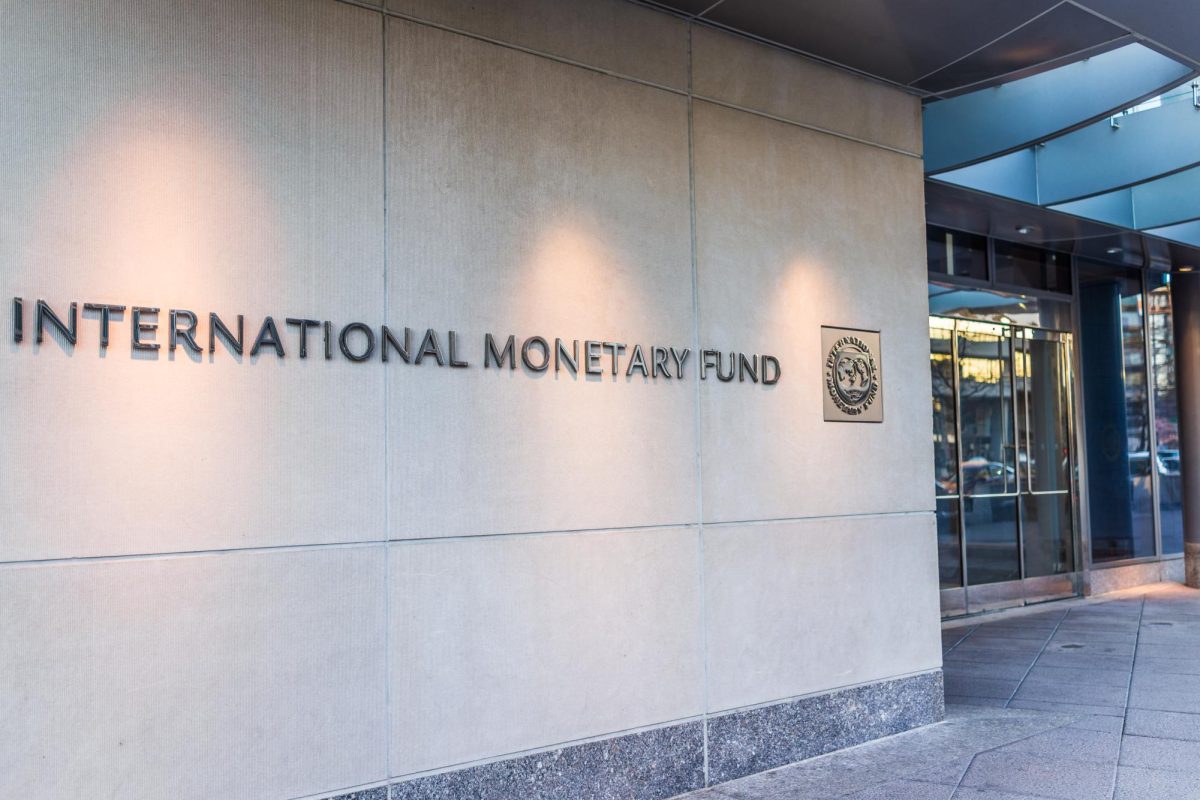As if the COVID-19 pandemic hadn’t done enough damage to the global economy, the ongoing conflict between Israel and Hamas militants, which comes in close succession to the Russian invasion of Ukraine last year, has caused the economic growth rate to further recede due to widening geopolitical rifts.
The Middle East is a vital energy supplier for the world, with oil and natural gas resources being the primary source of income for most countries in the region. It is also a key shipping passageway, home to major ports such as the Jebel Ali Port and the Hamad Port. In the vulnerable state our world’s economy is in today, two consecutive conflicts in such an important region are sure to trigger global inflation again, economists predict, with dire consequences not just for the Mideast, but for countries across the world.
The worldwide economic output has already been slashed by about $3.7 trillion in the past three years compared to the pre-COVID trends and the predictions for the near future only seem to be getting worse. According to Associated Press, The International Monetary Fund’s (IMF’s) growth expectation for 2023 is already down to 3% from 2022’s 3.5% expectation. Economists at Bloomberg predict that based on the current situation of unrest, oil prices could go up to $150 per barrel and global growth could consequently drop to 1.7%. The specialists do note, however, that it is too early to make accurate predictions at the moment. IMF chief economist, Pierre Olivier Gourinchas says that the world economy has displayed “remarkable resilience” in dealing with the crisis at hand despite the scary statistics.
The impact of the ongoing inflation is already visible in all sectors of the United States’ economy ranging from food and housing industries to tourism. The sector that impacts students the most, however, is the education sector. Much to the youth’s dismay, tuition rates of educational institutes have witnessed a steep increase in recent years. According to the American Broadcasting Channel, Central banks globally, including the U.S. Federal Reserve, have aggressively increased the interest rates of their loans to combat the resurgence of inflation. Based on the current predictions by specialists worldwide, the graph is not expected to go down anytime soon, especially if the political unrest in the Middle East persists for a long time.




